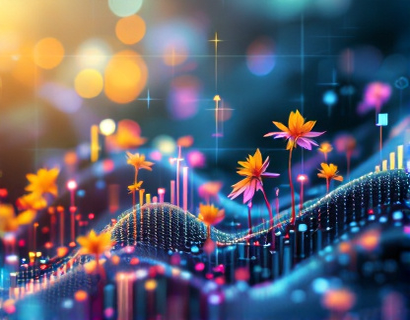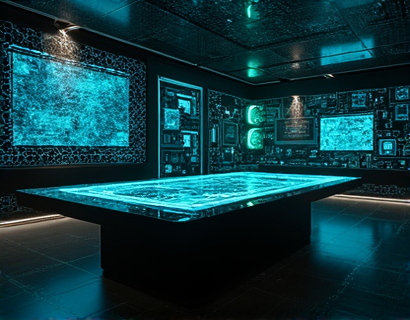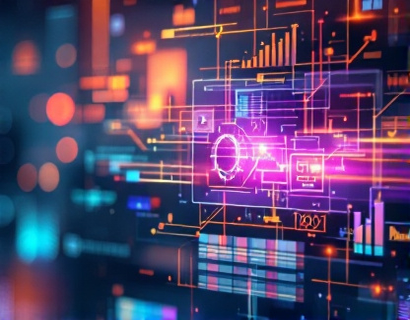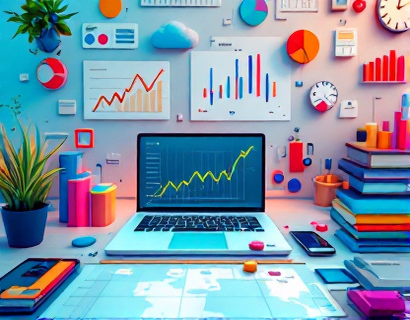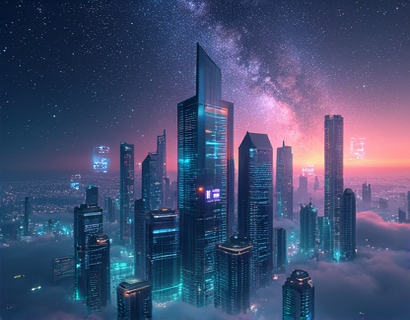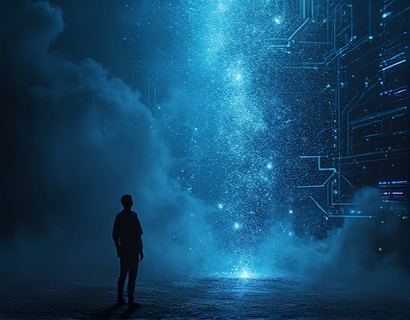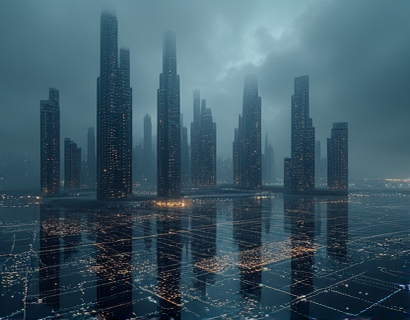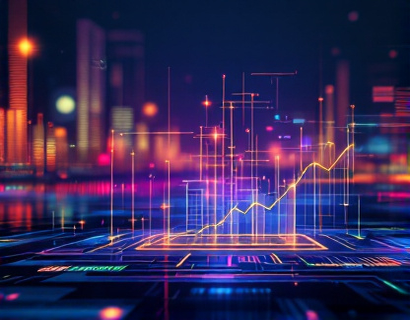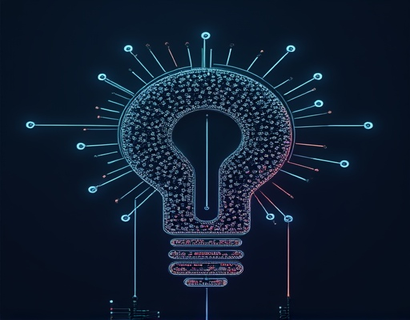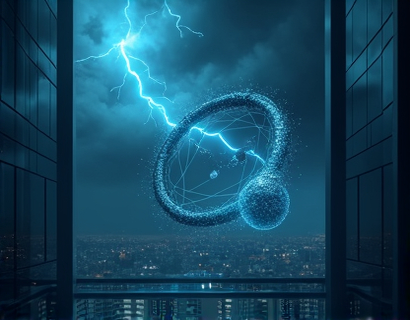Elevate Your Music: Harnessing AI for Unparalleled Creation and Production
The music industry is undergoing a transformative shift, driven by the integration of artificial intelligence (AI) into the creation and production processes. This evolution offers unprecedented opportunities for both professional artists and emerging creators to push the boundaries of their craft. AI tools are not just辅助 devices but are becoming integral components in the music-making workflow, enhancing creativity, and improving sound quality. This article delves into how these advanced technologies are reshaping the future of music creation and production.
The Role of AI in Music Creation
AI in music creation is not a new concept, but recent advancements have made it more accessible and powerful. These tools can analyze vast amounts of musical data, learn from existing compositions, and generate new content that resonates with human creativity. For musicians, AI serves as a collaborative partner, offering suggestions and automating repetitive tasks, thereby freeing up more time for creative exploration.
Composing with AI
One of the most exciting applications of AI in music is composition. AI algorithms can compose melodies, harmonies, and even entire tracks based on input parameters such as genre, mood, and tempo. This capability allows artists to explore new musical ideas quickly and efficiently. For instance, a composer can input a desired mood and receive a range of musical phrases to work with, significantly reducing the initial creative block.
Moreover, AI can assist in creating complex arrangements by suggesting instrumentation and part writing. This feature is particularly beneficial for composers who may struggle with orchestration or want to experiment with unconventional combinations of instruments. The AI's ability to understand and apply musical theory ensures that the generated content is not only novel but also musically coherent.
Production and Sound Design
In the production phase, AI tools are revolutionizing how sound is crafted and refined. Digital Audio Workstations (DAWs) integrated with AI capabilities can automate mixing and mastering processes, ensuring consistent and professional sound quality. These tools analyze the audio signal in real-time, adjusting levels, EQ, compression, and reverb to optimize the mix.
AI-driven sound design is another area where significant advancements have been made. Virtual instruments and synthesizers powered by AI can generate unique and high-quality sounds that would be challenging to produce traditionally. These instruments learn from a vast library of audio samples and can create sounds that are both innovative and emotionally resonant. For producers, this means an endless palette of sonic possibilities to enhance their tracks.
Enhancing Creativity and Collaboration
The collaborative nature of music creation is greatly enhanced by AI tools. Multi-disciplinary teams, including composers, producers, and sound designers, can work more efficiently when AI facilitates the exchange of ideas and streamlines the workflow. For example, AI can serve as a real-time collaborator, responding to live performances or improvisations by generating complementary musical elements on the fly.
Additionally, AI can bridge the gap between different musical styles and cultures. By analyzing and blending elements from various genres and traditions, AI tools can inspire creators to explore new territories and create music that resonates with a global audience. This cross-pollination of ideas fosters innovation and diversity in the music landscape.
Overcoming Creative Challenges
One of the most significant benefits of AI in music creation is its ability to overcome common creative challenges. Time constraints, writer's block, and the pressure to produce high-quality content can be overwhelming for artists. AI tools can provide immediate solutions, offering pre-composed sections, chord progressions, and even full tracks to build upon. This instant access to high-quality content can spark new ideas and keep the creative process flowing.
Furthermore, AI can help in maintaining consistency across a body of work. For artists releasing multiple projects or working on large-scale productions, AI ensures that each track adheres to a cohesive sound and style. This consistency is crucial for building and maintaining a strong artistic identity.
Improving Sound Quality
Sound quality is a critical aspect of music production, and AI tools excel in this area. Advanced algorithms can analyze and enhance audio recordings, removing noise, correcting pitch, and improving overall clarity. These post-production capabilities are particularly valuable for independent artists who may not have access to expensive studio equipment.
AI-powered plugins can also simulate the sound of high-end hardware, making professional-grade production accessible to a broader audience. For example, virtual tape machines and analog synthesizers emulated by AI can add warmth and character to digital recordings, bridging the gap between analog and digital production methods.
Personalized Learning and Development
For emerging creators, AI serves as a powerful educational tool. Interactive tutorials and real-time feedback systems can guide newcomers through the music production process, helping them develop their skills at their own pace. AI can analyze a user's work and provide constructive feedback, identifying areas for improvement and suggesting exercises to enhance specific skills.
Moreover, AI can curate personalized learning paths based on an individual's strengths and weaknesses. By tracking progress and adapting to the user's learning style, these tools ensure that the educational experience is both effective and engaging. This personalized approach accelerates the learning curve, enabling aspiring musicians to reach professional levels more quickly.
The Future of Music Creation
As AI technology continues to evolve, the possibilities for music creation and production will only expand. Future advancements may include more sophisticated collaborative tools, real-time translation of ideas into music, and even AI-generated music that can adapt to listener preferences in real-time. The integration of AI with other emerging technologies, such as virtual reality and blockchain, could further transform the music industry.
However, it's essential to recognize that AI is a tool, not a replacement for human creativity. The true power of AI in music lies in its ability to augment and enhance the creative process, not to replace the artist's vision and emotional depth. The best music will always come from a place of genuine human experience, with AI serving as a powerful ally in bringing those experiences to life.
Embracing the Change
Embracing AI in music creation requires an open mind and a willingness to explore new possibilities. Artists and producers who are hesitant to adopt these technologies may miss out on the benefits they offer. By integrating AI tools into their workflow, creators can unlock new levels of creativity, efficiency, and sound quality. The future of music is bright, and AI is leading the way.
In conclusion, the fusion of AI and music creation is not just a trend but a fundamental shift in how music is made. Whether you are a seasoned professional or just starting your musical journey, embracing AI tools can elevate your craft and help you achieve your artistic goals. The future is here, and it is filled with endless possibilities for those brave enough to explore it.





